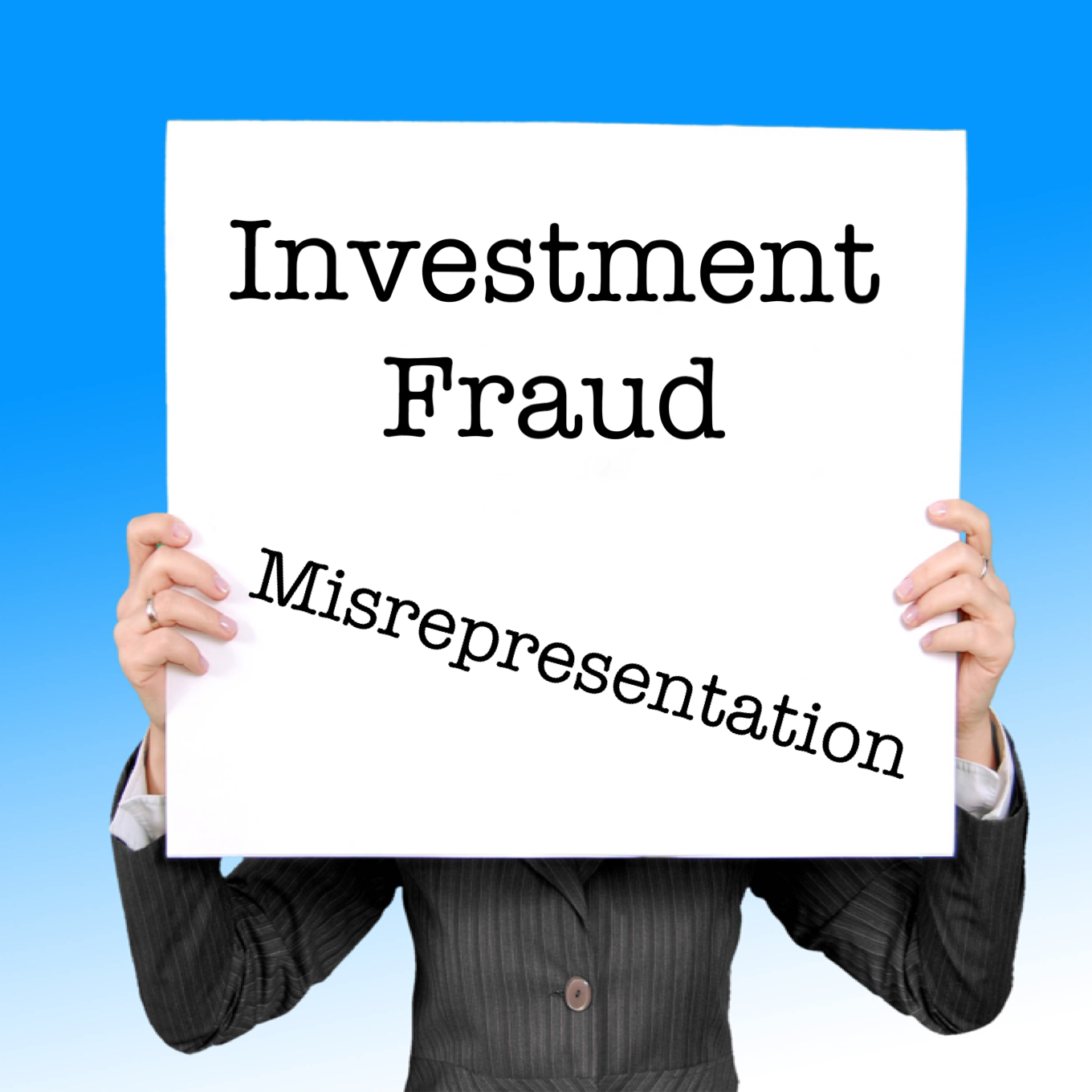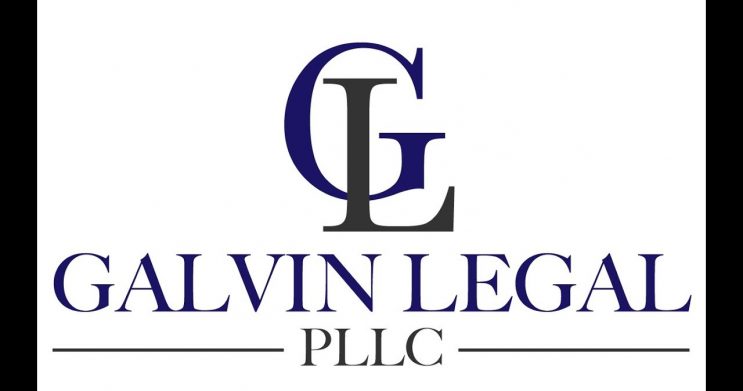Regulatory Notice 21-09
FINRA released Regulatory Notice 21-09 on March 10, 2021 and has announced that the new rules will come into effect on September 1, 2021. The new rules could significantly affect your ability to associate with broker-dealers. If you have unfair disclosure items on your FINRA BrokerCheck Report, then request a free consultation or call 1-800-405-5117 to speak with a FINRA U5 Expungement Attorney now. According to the release
FINRA has amended rules in the FINRA Rule 1000 Series (Member Application and Associated Person Registration)—specifically the rules that govern membership proceedings (MAP Rules)—to impose additional obligations on member firms when a natural person who has, in the prior five years, either one or more “final criminal matters” or two or more “specified risk events” seeks to become an owner, control person, principal or registered person of the member firm.
As background, Rule 1017(a) specifies the changes in a member’s ownership, control or business operations that require a CMA and FINRA’s approval. A CMA is required for, among other changes, a “material change in business operations.” In addition, a CMA is required for business expansions to increase the number of associated persons involved in sales, offices or markets made that are a material change in business operations. However, Interpretive Material IM-1011-1 (Safe Harbor for Business Expansions) creates a safe harbor for incremental increases in these three categories of business expansions. Under this safe harbor provision, a member firm, subject to specified conditions and thresholds, may undergo such business expansions without filing a CMA.
Given recent studies that provide evidence of the predictability of future regulatory-related events for brokers with a history of past regulatory-related events, FINRA has been concerned about instances where a member firm on-boards brokers with a significant history of misconduct and does so within the safe-harbor parameters, thus avoiding prior consultation or review by FINRA. FINRA believes there are instances in which a member firm’s hiring of a broker with a significant history of misconduct—and other associations with such persons—would reflect a material change in business operations. FINRA has amended the MAP Rules to address these concerns and limit the applicability of the IM- 1011-1 safe harbor.
Specifically, FINRA has added Rule 1017(a)(7) to require a member firm to file a CMA when a natural person seeking to become an owner, control person, principal or registered person of the member firm has, in the prior five years, one or more “final criminal matters” or two or more “specified risk events”—as defined in amendments to Rule 1011 (Definitions)— unless the member firm has submitted a written request to Member Regulation seeking a materiality consultation for the contemplated activity. Rule 1017(a)(7) applies whether the person is seeking to become an owner, control person, principal or registered person at the person’s current member firm or at a new member firm. Rule 1017(a)(7) does not apply, however, when a person is already a representative at a member firm and seeks to add an additional representative-level registration at that same firm or, likewise, when a person is already a principal at a member firm and seeks to add an additional principal registration at that same firm.
Rule 1017(a)(7) is intended to apply to associated persons and owners who may pose greater risks to customers than other associated persons and owners. The rule is based on disclosure events required to be reported on the Uniform Registration Forms. To assist firms’ compliance with Rule 1017(a)(7), FINRA will publish shortly on its website a chart that maps the events described in the definitions of “final criminal matter” and “specified risk event” to the relevant disclosure questions and fields on the Uniform Registration Forms. This mapping guidance will be updated as needed.
These amendments to the MAP Rules add a category of “mandatory materiality consultations.” A request for a materiality consultation, for which there is no fee, is a written request from a member firm for FINRA’s determination on whether a contemplated change in business operations or activities is material and would therefore require a CMA. The characterization of a proposed change as material depends on an assessment of all the relevant facts and circumstances. Through the materiality consultation, FINRA may communicate with the member firm to obtain further documents and information regarding the contemplated change and its anticipated impact on the member firm. A letter seeking a mandatory materiality consultation under Rule 1017(a)(7) must be submitted through FINRA Gateway®, under the Materiality Consultation section.
A written request for a materiality consultation pursuant to Rule 1017(a)(7) must address the issues that are central to the materiality consultation. Thus, the materiality consultation would focus on, and the member firm would need to provide information relating to, the conduct underlying the individual’s “final criminal matters” and “specified risk events,” as well as other matters relating to the subject person, such as disciplinary actions taken by FINRA or other industry authorities, adverse examination findings,customer complaints, pending or unadjudicated matters, terminations for cause or other incidents that could indicate a threat to public investors. The Department of Member Supervision’s (Member Supervision) assessment in the materiality consultation would consider, among other things:
- whether the “final criminal matters” or “specified risk events” are customer-related;
- whether they represent discrete actions or are based on the same underlying conduct;
- the anticipated activities of the person;
- the disciplinary history, experience and background of the proposed supervisors, if applicable;
- the disciplinary history, supervisory practices, standards, systems and internal controls of the member firm and whether they are reasonably designed to achieve compliance with applicable securities laws and regulations and FINRA rules;
- whether the member firm employs or intends to employ in any capacity multiple persons with one or more “final criminal matters” or two or more “specified risk events” in the prior five years; and
- any other investor protection concerns raised by seeking to make the person an owner, control person, principal or registered person of the member firm.
FINRA will be posting on its website a checklist to assist a member firm when it is required to submit a materiality consultation under Rule 1017(a)(7).
Where FINRA determines in a materiality consultation that a contemplated organizational change is not material, the member firm may effect the contemplated activity. Where FINRA determines that the contemplated change requires a CMA, FINRA would instruct the member firm to file a Form CMA if it intends to proceed with such change, and the member firm may not effect the contemplated activity unless Member Supervision approves the Form CMA. FINRA is separately developing changes to Form CMA to incorporate questions that relate specifically to Rule 1017(a)(7).
Rule 1017(a)(7) also establishes that the safe harbor for business expansions in IM-1011-1 is not available to the member firm when a materiality consultation is required under Rule 1017(a)(7). In a corresponding change, FINRA has added IM-1011-3 (Business Expansions and Persons with Specified Risk Events), which provides that the safe harbor for business expansions in IM-1011-1 is not available to any member firm that is seeking to add a natural person who has, in the prior five years, one or more “final criminal matters” or two or more “specified risk events” and seeks to become an owner, control person, principal, or registered person of the member firm. In such circumstances, if the member firm is not otherwise required to file a Form CMA in accordance with Rule 1017, the member firm must comply with the requirements of Rule 1017(a)(7).
The amendments to the MAP Rules further promote investor protection by applying additional safeguards and disclosure obligations for a member firm’s continuing membership and for changes to a current member firm’s ownership, control, or business operations. The heightened scrutiny by FINRA of registered representatives, registered principals, owners, and control persons who meet the definitions and criteria will promote investor protection by disincentivizing broker-dealers from engaging in higher-risk activity that could lead to additional regulatory restrictions.
Read more about FINRA CRD Expungement.
SR-FINRA-2022-024 Comment Letters
- James P. Galvin’s Second Comment Letter to FINRA’s Proposed Expungement Rule Changes – SR-FINRA-2022-024
- James P. Galvin’s Comment Letter to FINRA’s Proposed Expungement Rule Changes – SR-FINRA-2022-024
Request a Free Consultation with a FINRA CRD Expungement Attorney or about Regulatory Notice 21-09
If you are a registered representative with unfair disclosure items on your FINRA BrokerCheck Report that are hindering your ability to grow your practice or find another job in the financial services industry, and would like to find out about having the unfair disclosure removed through a FINRA CRD Expungement proceeding, then request a free consultation or call 1-800-405-5117 to speak with a FINRA CRD Expungement Attorney now. Galvin Legal, PLLC is a national securities arbitration, securities mediation, securities litigation, securities regulation and compliance law practice. For more information on Galvin Legal, PLLC, please visit www.galvinlegal.com or call 1-800-405-5117.

